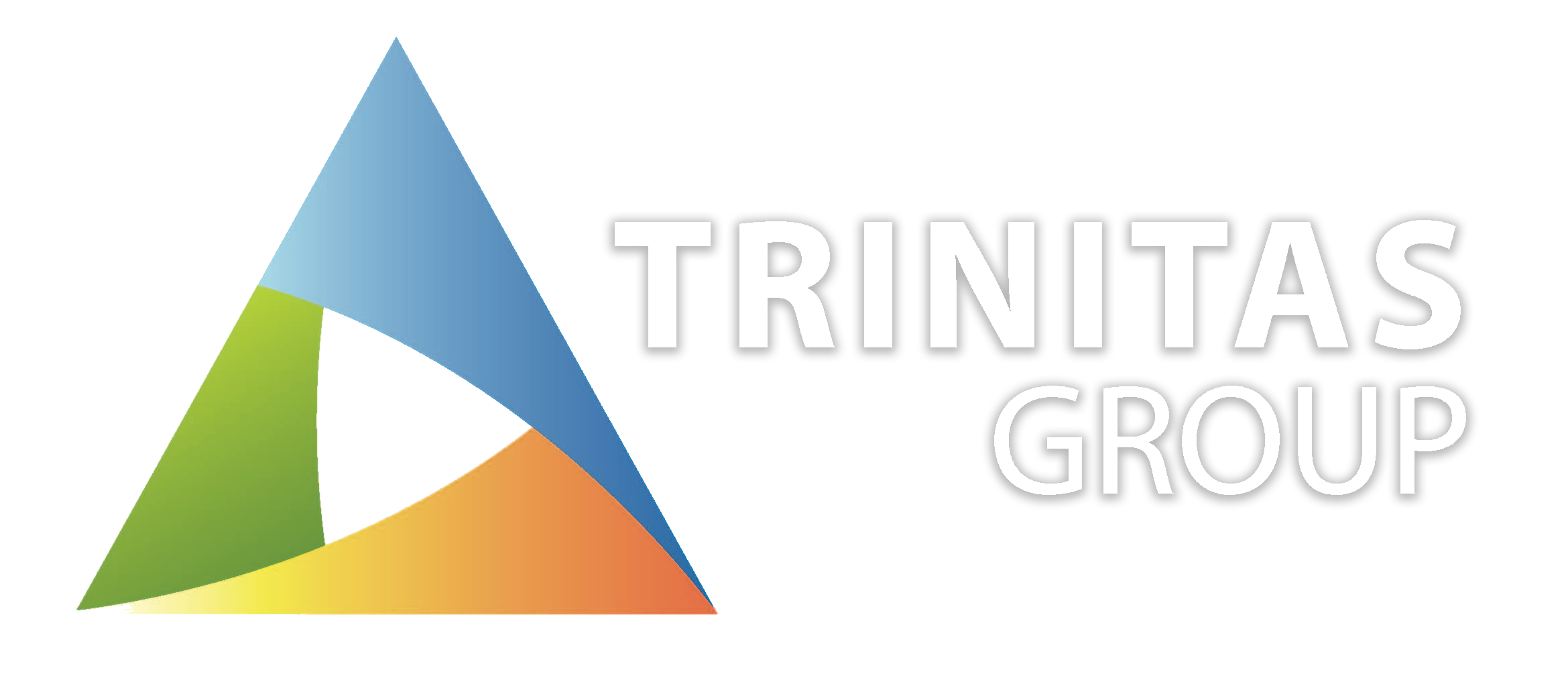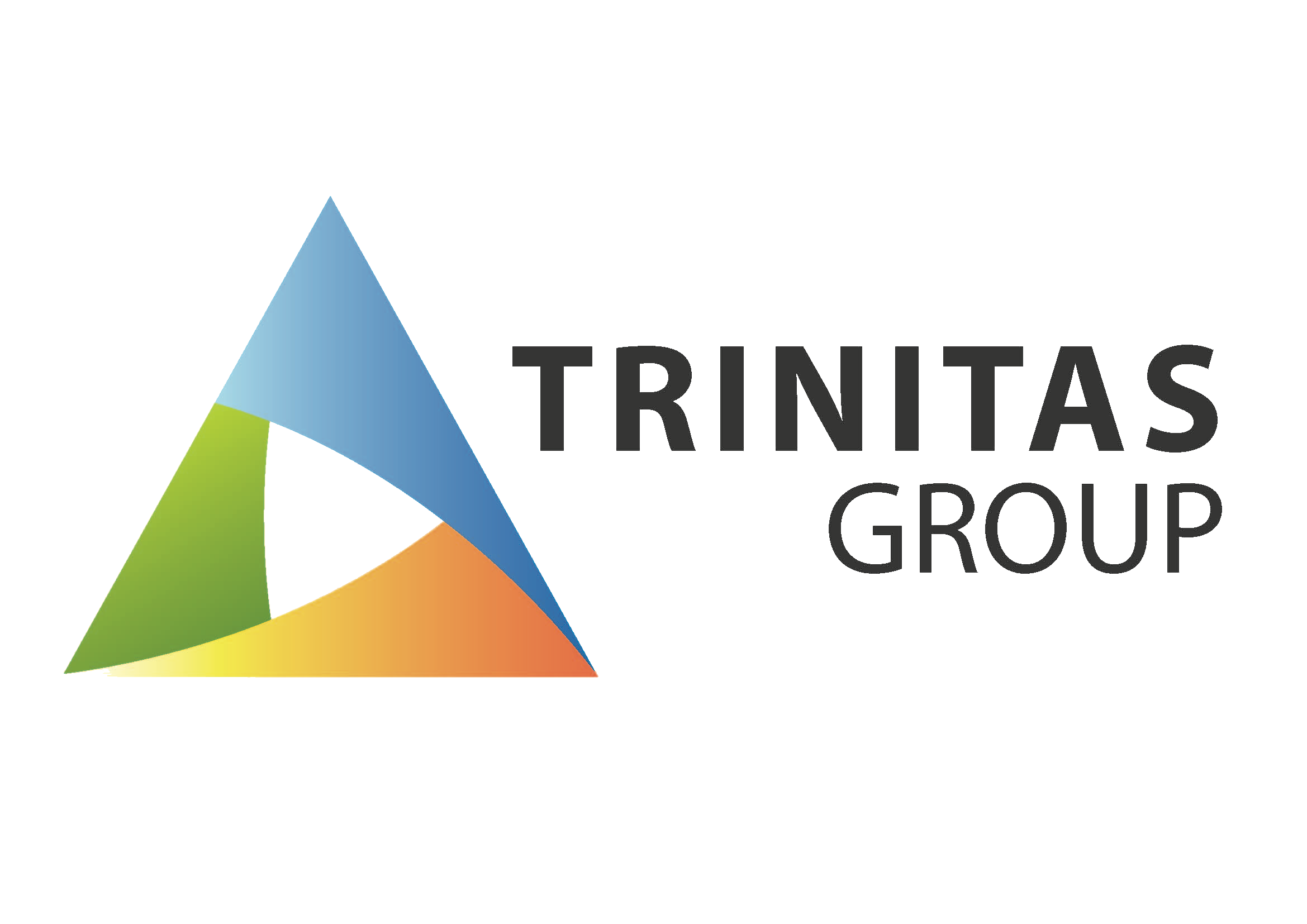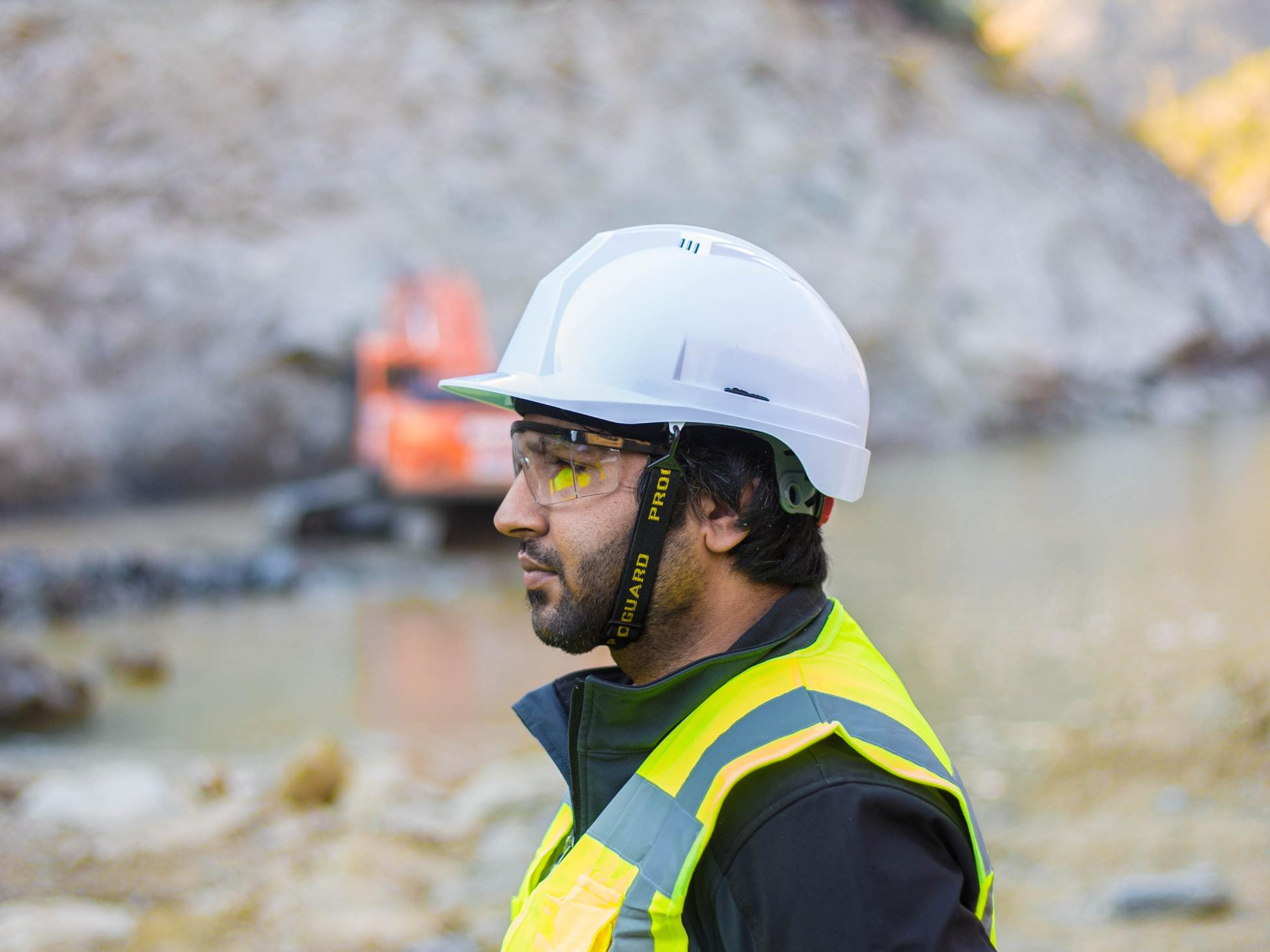The below statement outlines the enforcement approach that SafeWork NSW will take to ensure compliance with the Work Health and Safety Act 2011 and the Work Health and Safety Regulation 2017 in response to the COVID-19 pandemic.
SafeWork NSW recognises that the COVID-19 pandemic has created an exceptional set of circumstances and will have significant impacts on a person conducting a business or undertaking (PCBU), workers, officers and other persons with duties under the work health and safety (WHS) legislation.
The NSW WHS legislation is a risk-based framework that considers what is ‘reasonably practicable’. SafeWork NSW appreciates that exceptional circumstances require flexibility on the part of the WHS regulators and this is reflected in ‘Our Approach to Work Health and Safety Regulation’ which involves a graduated approach to compliance and enforcement in line with the ‘National Compliance and Enforcement Policy’.
Arrangements to apply while orders are in force under the Public Health Act 2010
SafeWork NSW understands that the Public Health (COVID-19) Gatherings Order 2020 may impact NSW workplaces. SafeWork NSW will take into account the unprecedented pressures on industry and apply a common sense and practical approach to our interactions with workplaces. Advisory, compliance and enforcement activity will continue including a focus on matters that pose significant risk to workplaces and worker safety. SafeWork’s actions will be proportionate with a focus on what is reasonably practicable in the circumstances.
In particular, SafeWork will apply a reasonable and proportionate response to compliance, including with a business’s ability to meet its WHS duties due to constraints associated with the pandemic. These may include duties such as:
- participation in face-to-face training and practical hands on training demonstrations;
- maintaining records in prescribed formats;
- securing access to health surveillance clinics;
- testing of emergency plans or
- compliance with other regulatory requirements.
SafeWork NSW will generally take a supportive and educative approach to compliance with these requirements during this time provided duty holders have made genuine attempts to comply with requirements but are non-compliant due to factors outside their direct control. However, SafeWork reserves the right to vary its approach as appropriate to the circumstances, particularly in cases of significant safety risks to workers or the community.
SafeWork NSW will continue to respond to matters involving serious incidents or fatalities in the usual way, including seeking evidence to determine causation or requiring implementation of ‘make safe’ provisions. The method of doing this may vary depending on the site, emergency services on site or other ways of gathering evidence and information.
SafeWork NSW advice
NSW businesses must take action to prepare and manage the risk of exposure to COVID-19 for workers and others at their workplace so far as is reasonably practicable consistent with statutory requirements.
PCBU/Employer advice
All businesses should:
- review their exposure and infection control policies and procedures, actively promote social distancing, good hand and respiratory hygiene and increase cleaning of common areas within the work environment
- develop and implement safe systems of work (in consultation with workers and/or their HSR’s) that include directions and advice provided by our health authorities, and
- keep monitoring the COVID-19 situation as it develops
- continue to comply with statutory requirements including notifying SafeWork NSW of any work-related fatality, serious injury or confirmed or uncontrolled exposure to a serious illness, including COVID-19.
Health and safety representatives (HSR’s)
HSRs are encouraged to work collaboratively with businesses to consult on WHS risks and controls during this time. HSRs are not entitled to personal medical information of other workers without the consent of the worker, however, are entitled to monitor the rate of exposure and infection of illness or disease in the workplace and work with the business to implement reasonable and practicable controls.
Worker advice
Workers have?obligations under WHS legislation to protect themselves and others. If a worker believes they are at risk of infection of coronavirus, they should raise their concerns with their manager or WHS representative as soon as possible. If they are not satisfied with the response they may contact SafeWork NSW on 13 10 50 or raise their concerns via our?Speak up platform.
More information
SafeWork NSW will continue to monitor the situation and engage with industry and industry representatives as appropriate.
For more information please refer to coronavirus advice and guidence for NSW workplaces or nsw.gov.au or the Safe Work Australia website.




